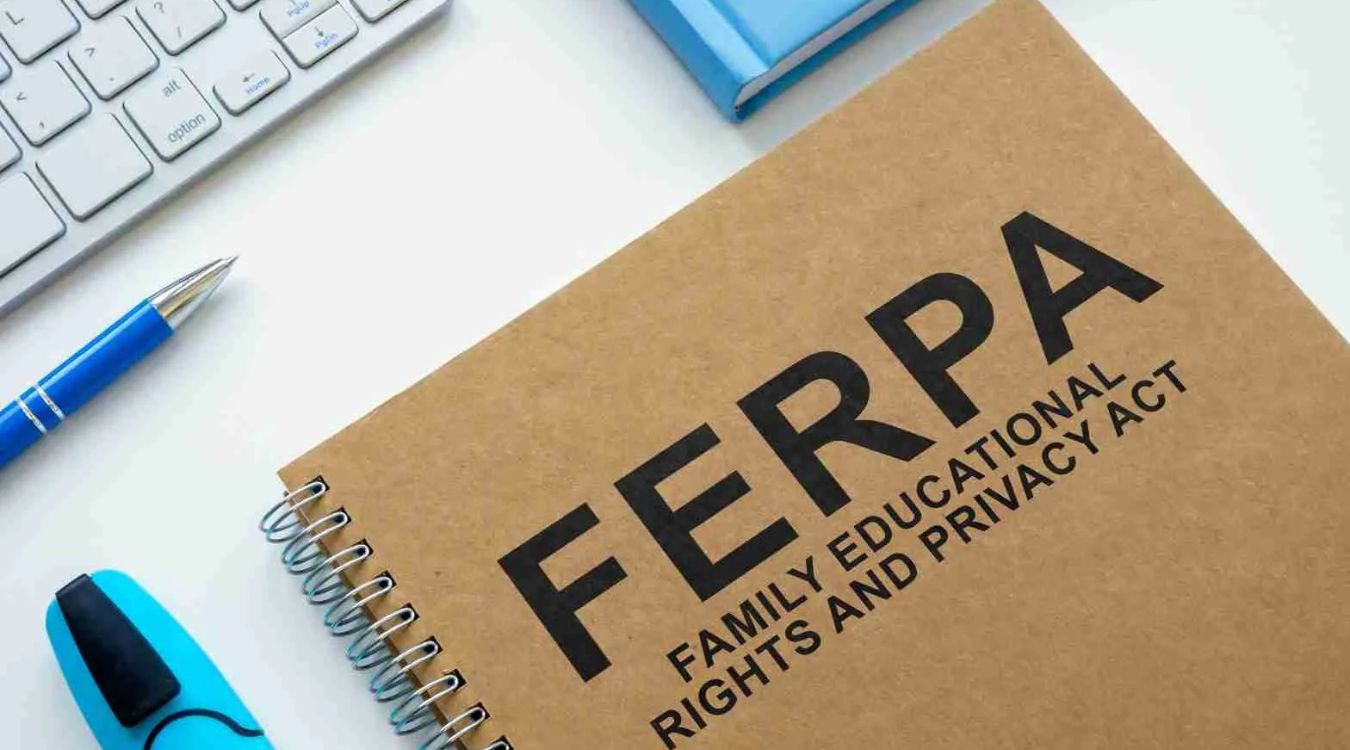Understanding the intricacies of FERPA is essential for anyone involved in the educational sector. This quiz will challenge your knowledge on student privacy rights, the responsibilities of educational institutions, and the nuances of FERPA compliance. Let’s see how well you know the law that protects student information. Dive in and put your FERPA knowledge to the test!
We recommend that you do not leave the page that you are taking this quiz in. Stay honest 🙂
FERPA Quiz Questions Overview
1. What does FERPA stand for?
Family Education Rights and Privacy Act
Federal Education Rights and Privacy Act
Family Educational Rights and Privacy Act
Federal Educational Rights and Privacy Act
2. Which of the following is NOT considered an education record under FERPA?
Grades
Class schedules
Disciplinary records
Personal notes of teachers
3. At what age do the rights under FERPA transfer from the parents to the student?
16
18
21
25
4. Which of the following is a right granted to students under FERPA?
The right to access their education records
The right to change their grades
The right to dictate school policies
The right to receive financial aid
5. Which entity is responsible for enforcing FERPA?
U.S. Department of Education
U.S. Department of Justice
Federal Trade Commission
U.S. Department of Health and Human Services
6. Under FERPA, schools may disclose information from a student’s education record without consent to:
Any third party
School officials with legitimate educational interest
The general public
Other students
7. What must schools do annually to comply with FERPA?
Send out grades to parents
Notify parents and eligible students of their rights under FERPA
Conduct a privacy audit
Hold a public meeting
8. What is considered ‘directory information’ under FERPA?
Social Security Number
Student’s grades
Student’s address
Student’s name and date of birth
9. Can parents access their child’s education records if the child is over 18 and attending a postsecondary institution?
Yes, always
No, never
Yes, if the student is a dependent for tax purposes
Yes, if the school allows
10. What action can a student take if they believe their FERPA rights have been violated?
File a lawsuit against the school
File a complaint with the U.S. Department of Education
Contact the local police
Request a meeting with the school principal
11. Which of the following is NOT a condition under which schools can disclose education records without consent?
To comply with a judicial order or lawfully issued subpoena
In connection with a health or safety emergency
To the student’s employer
To officials of another school where the student seeks or intends to enroll
12. What is required for a school to disclose personally identifiable information from education records?
Written consent from the student or parent
Oral consent from the student or parent
No consent is needed
A request from a third party
13. Which of the following is an example of a legitimate educational interest?
Curiosity about a student’s grades
A teacher needing information to provide instruction
A student’s friend wanting to know their schedule
A parent wanting to know another student’s performance
14. Can schools disclose education records to organizations conducting studies for or on behalf of the school?
Yes, without any conditions
No, never
Yes, if the study is to improve instruction
Yes, if the organization pays a fee
15. Under FERPA, what is the timeframe for schools to comply with a request to access education records?
Immediately
Within 10 days
Within 45 days
Within 60 days
16. Which of the following is NOT a right granted to parents and eligible students under FERPA?
The right to inspect and review education records
The right to request the amendment of education records
The right to control disclosures of personally identifiable information
The right to receive a copy of the school’s financial records
17. What is the main purpose of FERPA?
To ensure students receive financial aid
To protect the privacy of student education records
To regulate school curricula
To standardize educational testing
18. Can schools disclose education records to state and local authorities within a juvenile justice system?
Yes, if there is a court order
No, never
Yes, if it is allowed by state law
Yes, if the student is over 18
19. What is the consequence for a school that fails to comply with FERPA?
Loss of federal funding
Fines to the school
Imprisonment of school officials
Public reprimand
20. Can a school disclose education records to accrediting organizations?
Yes, without consent
No, never
Yes, with written consent
Yes, if the student agrees
We recommend that you do not leave the page that you are taking this quiz in. Stay honest 🙂











